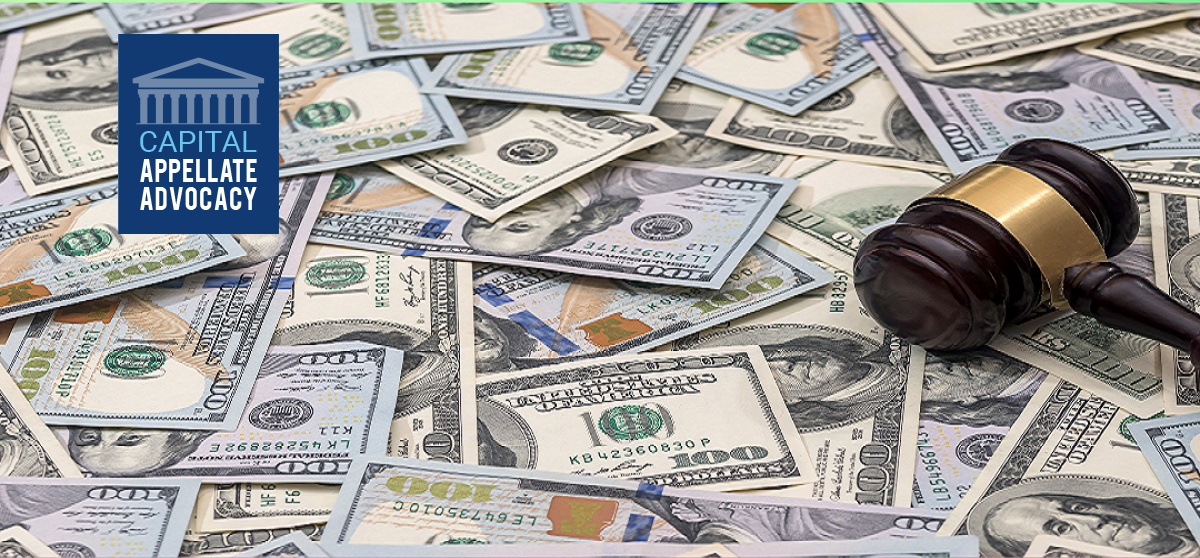The proliferation of amicus curiae (friend-of-the-court) briefs in federal and state appellate courts—particularly in the U.S. Supreme Court—repeatedly raises the question of how much will an amicus brief cost? For most industry groups and other organizations interested in filing amicus briefs, my answer, as an appellate specialist who practices independently, is “less than you might expect—a flat fee between $10,000 and $15,000.” And occasionally, depending on the circumstances, my answer is “nothing but the cost of printing.”
Amicus briefs serve at least three significant functions:
• They provide appellate courts with additional information, perspective, and legal or policy arguments.
• They provide direct, case-specific judicial access to any organization that has an identifiable interest in, and wants a voice on, the questions presented by an appeal.
• They afford attorneys an opportunity to showcase their brief-writing skills, and play a role, in important appeals being handled by attorneys at other firms.
Trade associations and other nonprofit organizations that delve into issues and engage in advocacy should consider filing amicus briefs in carefully selected appeals involving subjects that are important to their missions and members. Effective amicus briefs get read and may impact an appellate court’s decision. They do not have to be lengthy, but they require analysis and research, as well as skilled drafting, all of which take time. It seems reasonable that most groups which file amicus briefs through outside counsel should pay for their preparation, sometimes by sharing the cost with co-amici.
The good news is that authoring an amicus brief is a discrete project. It often can be handled by a single appellate specialist, and on a flat-fee basis. Most appellate specialists are willing to devote whatever time it takes for the privilege of crafting an amicus brief on behalf of an appreciative client in an important appeal. Despite the objections of some law firms’ financial managers—who seem to have difficulty seeing beyond billable hours, realization rates, and profits per partner—there usually is no reason for a trade association, individual corporation, or other organization to pay tens of thousands of dollars for preparation of an amicus brief, especially if such a fee results from a team of attorneys racking up billable hours at hourly rates. Indeed, firms with large appellate practice groups, as well as a number of us solo appellate attorneys, sometimes are willing to write an amicus brief pro bono.
My message is simple: When your organization identifies an appeal in which your voice should be heard as amicus curiae, go for it. Work with an experienced appellate specialist (there are many throughout the United States) amenable to preparing the brief for a reasonable flat fee.

